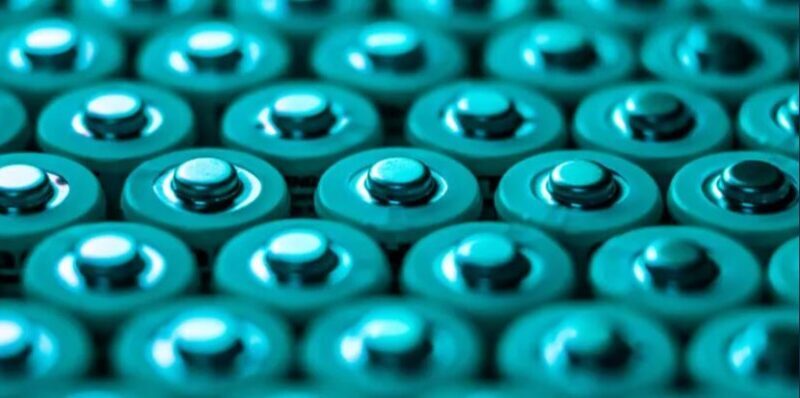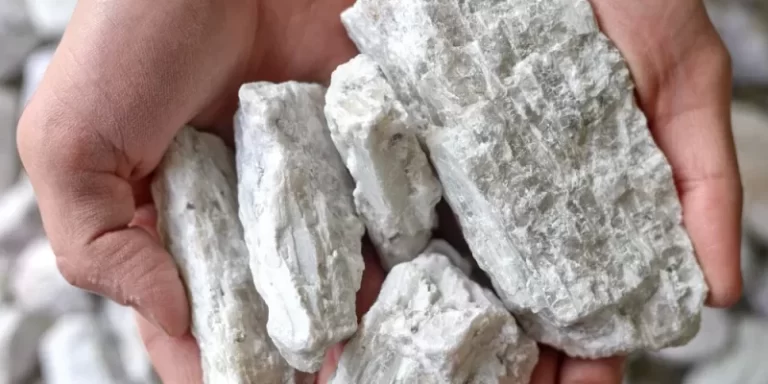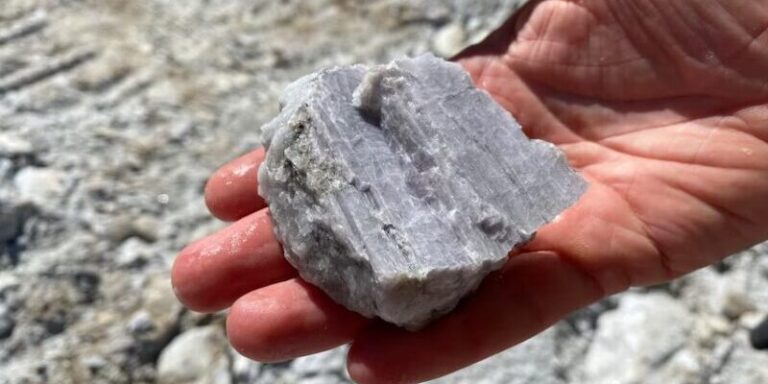
South 8 Technologies, the developer of LiGas®, liquefied gas electrolyte for advanced lithium-ion batteries, has demonstrated high performance on cobalt-free, low nickel, and high-energy battery cells designed for next generation electric vehicles (EV).
This work is supported by funding from the U.S. Department of Energy’s Advanced Research Projects Agency-Energy (ARPA-E) through the EVs for American Low-carbon Living program. An automotive OEM is South 8’s partner in this project.
The goal of the EVs4ALL program is to develop a reliable, inexpensive battery that can charge fast, and provide improved performance and range retention in cold weather compared to state-of-the-art commercial options.
One program outcome is to grow EV market share by developing next-generation battery technologies that significantly improve electric vehicle affordability, convenience, reliability, and safety.
In the first six months of the three-year effort, South 8 demonstrated world-class performance on 18650 lithium-ion batteries.
Specifically, LiGas electrolyte demonstrated full compatibility with a 4.6 volt commercial LNMO cathode. Energy retention at -20°C (-4°F) was measured at 96%.
This compares to less than 5% retention for standard liquid LNMO electrolyte at the same temperature. Further LiGas electrolyte testing demonstrated 87% energy retention at -40°C (-40°F).
“LNMO is a future cathode material, promising the safety of LFP (lithium iron phosphate) and energy of NMC (nickel manganese cobalt),” said Cyrus Rustomji, Chief Science Officer of South 8.
“The challenge has been the electrolyte: conventional solutions break down at LNMO’s high voltage. LiGas does not.
LiGas gives excellent low temperature performance and greatly reduces thermal propagation. As we continue our collaboration with ARPA-E and our automotive partner we aim to meet additional program requirements including fast charge and longevity.”
“ARPA-E’s EVs4ALL program is an integral part of the Agency’s strong battery portfolio and efforts to develop next-generation battery technologies,” said Evelyn N. Wang, Director of ARPA-E.
“Technologies that lead to faster charging, better performance in freezing temperatures and overall range retention support larger desired outcomes related to national security, environmental well-being, and our economy.”







